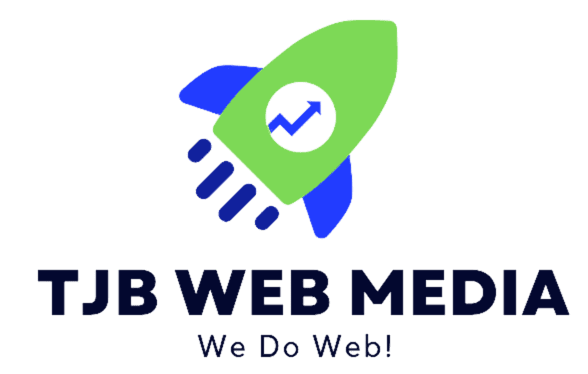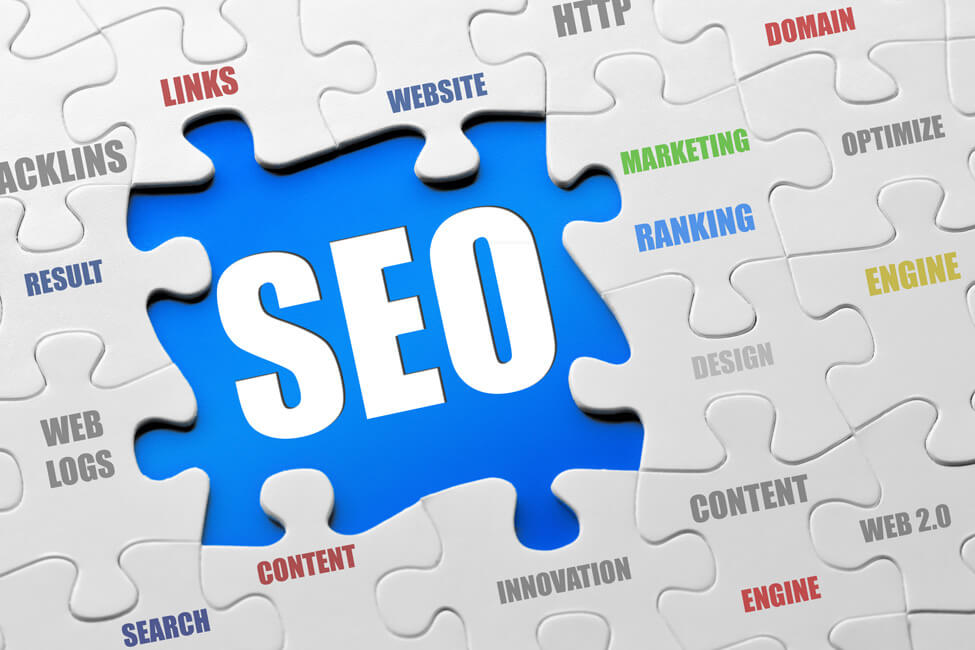Are you looking to implement an effective SEO strategy for your business and just getting started with SEO? There are more than two factors that can influence your site’s ranking in search engine results. While improving all these elements of SEO is important, some have a greater impact or serve as building blocks for success. Here we will go over the most crucial pieces of SEO so you can focus on making an immediate and lasting impact! Want to evaluate quickly if your pages contain essential SEO components? Use our free and easy-to-understand Checker tool to get a comprehensive report right away.
The Key Components of SEO
To gain a comprehensive understanding of the essential elements necessary for successful SEO, we have divided them into two distinct categories: on-page and off-page. Below, we will take an in-depth look at each one.
On-page SEO Components
To rank higher on search engine results pages, here are the must-have On-Page SEO elements or factors:
Crawlable and indexed:
In order to appear in Google search results, a website must be crawlable and indexable. Crawlability pertains to the ability of Google’s bots to discover content on your page with links. After collecting data through crawling, this information is sent back to Google for analysis which subsequently adds it into its index – only indexed pages can show up in searches! For an optimized experience across all major search engines, you need get your crawlability and indexability right. Some great ways to improve your site’s crawlability and indexability are:
- Upload a sitemap: A sitemap is an invaluable asset for any website as it contains links to your most important pages, allowing Google and other search engines to find your content quickly and easily. Ensuring that you have up-to-date XML and HTML sitemaps will help ensure maximum visibility of your site in online searches.
- Internal links: To help Google discover your content, you can boost its visibility by strategically linking pages on your website.
- Check your robots.txt file: Utilize your robots.txt file to specify the exact pages you’d like web crawlers to focus on – this will ensure that they are properly informed and can locate all of your desired content.
You can check for which of your pages are indexed using the Coverage report in Google Search Console.
Good-Quality Content:
Google has made it clear that producing premium content tailored to the needs of your audience is critical for successful SEO. By placing quality information at the top of its search engine results pages, users are given a superior experience – one which promises reliable info about their sought-after topics without fail. To ensure you’re providing just this, make sure that each page on your website provides accurate and practical insight into relevant matters so viewers always get what they came looking for.
Google might interpret your content as low-quality or even spammy if you have the following:
- Duplicated content
- Content with little substance
- Content unnaturally stuffed with keywords
- Automatically generated content
- Doorway pages
Keywords:
In the past, webpages could easily rank by simply cramming a multitude of keywords into their content regardless of readability. Nowadays though, this practice has been proven to have quite harmful effects on ranking capabilities. Although search engines are now more sophisticated and able to comprehend context beyond mere words alone, using relevant keywords remains an undeniably essential element for successful SEO optimization.
You should incorporate your desired keyword into the page title tag, H1 heading and meta description as a good starting point. Additionally, you can include it several times in your content; aim to have it present within the first 100 words if possible. Of course, these are merely helpful guidelines – what matters most is that the chosen keywords appear authentically throughout without any detriment to customer experience.
Search intent:
It’s essential to comprehend the meaning behind each search term you use for SEO. Knowing what your target audience is looking for when they type in a specific keyword gives you an advantage over competitors who don’t have this insight. To fulfill users’ needs, identify the intent of their searches by entering them into Google and reviewing which sites are displayed at the top of the list as these best represent user expectations. There are many types of user intents including:
- Informational: The user is looking to learn something. “How many days are in a year?” is an example of an informational search.
- Navigational: If a user is looking for YouTube, they likely want to go directly the website and not have ads or other distractions. Thus, it is necessary that search engines return webpages with the exact page users are trying to find instead of redirecting them somewhere else.
- Transactional: If the user wants to make a purchase, they are likely searching for “buy hoodies online”, which is considered a transactional query.
Expertise, Authoritativeness, and Trustworthiness (E-A-T)
Achieving E-A-T is critical for positioning yourself on search engine results pages. If you’re administering a YMYL page – a web page that could potentially have an effect on someone’s mental and financial health or joy, then it’s especially important to understand the importance of each segment of E-A-T:
- Expertise: Crafting quality content necessitates an author to be well-versed in the subject matter. In cases of more technical topics – such as healthcare, for instance – formal expertise is a must. However, basic everyday knowledge on the topic works just fine for less specialized material.
- Authoritativeness: To convey authority online, consider the credibility of your website. Building relationships with renowned entities and individuals through links and social media promotion is one of the surest paths to demonstrating authoritativeness.
- Trustworthiness: Establishing trust with your audience is vital. Demonstrate reliability and assurance by implementing strategies such as garnering positive reviews, enriching the website content with accurate information, and providing a secure platform for users to interact on.
Off-page SEO Components:
6. Backlinks:
Acquiring backlinks from authoritative websites is an essential part of the search engine optimization process. Google takes into account both quantity and quality when it comes to evaluating your website’s backlink profile, so having a high number of links from reputable sites can be extremely beneficial. While there isn’t much you can do directly to influence who links to your site, there are some effective approaches you can use for improving your link portfolio:
- Create high-quality content: Formulate content that website visitors would welcome to link on their pages. More individuals will be intrigued by your site if it adds immense value to their page.
- Conduct outreach: Look for pages related to your topic. Then, email the author and suggest that they link to your page. They might want to, for example, replace a broken link with a link to your page or add your page to a list of resources.
- Write guest posts: Take advantage of the immense reach and authority of other websites by authoring a compelling guest post with links back to your own domain. Ensure that you target relevant sites within your niche, so readers can gain even more value from their experience.
To keep up with Google’s standards, you should avoid link building techniques that are viewed as spammy. It is wise to check your backlinks using tools like Google Search Console, Ahrefs, and SEMrush. For example, Ahrefs provides an easy-to-read backlink report to help monitor the progress of your website in real time!
7. Social Media Presence:
Social media shares are not a direct determinant of your ranking, yet they can still support SEO efforts. When more people share content associated with you, it’s likely that backlinks will follow suit. And the higher traffic generated by social sharing is recognized as an endorsement for Google – and all search engines alike!
Looking for a Highly Experienced SEO Company in NJ?
Whatever your web design needs may be, TJB WebMedia has the talent and staff to make it happen. As you can see from our portfolio, whether a customized WordPress website or an eCommerce web design with an online store and many different products, we are there to help. Many NJ web design companies offer pre-built templates that all appear the same. Just as bad, these templates are poorly coded and bad for SEO. Our web design NJ form can offer you a more flexible website with better SERP results and higher ROI This SEO friendly approach to our website designs will destroy your competition as your website dominates the search results!
Call 732-463-7835 or fill out this form for our NJ web design company consultation
Related to NJ Web Development Searches that Led You Here:
NJ WordPress Website Design
Web Design in NJ
NJ Web Design
New Jersey Web Designer
Web Design Companies in NJ
Web Designer NJ
Web Design NJ
Web Developer NJ
Related NJ SEO Posts
Local NJ SEO Services
NJ SEO Services
NJ WordPress Web Designers
NJ Online Reputation Management Services
NJ Internet Marketing Company
Pay Per Click Management Company
NJ Search Engine Optimization Company | What They Can Do & How to Choose One
Small Business SEO Strategies | SEO Tips for Businesses
Web Design in NJ | Do You Need a New Website Design?
WordPress Vs. Wix for SEO | How Do They Stack Up?
![]()

